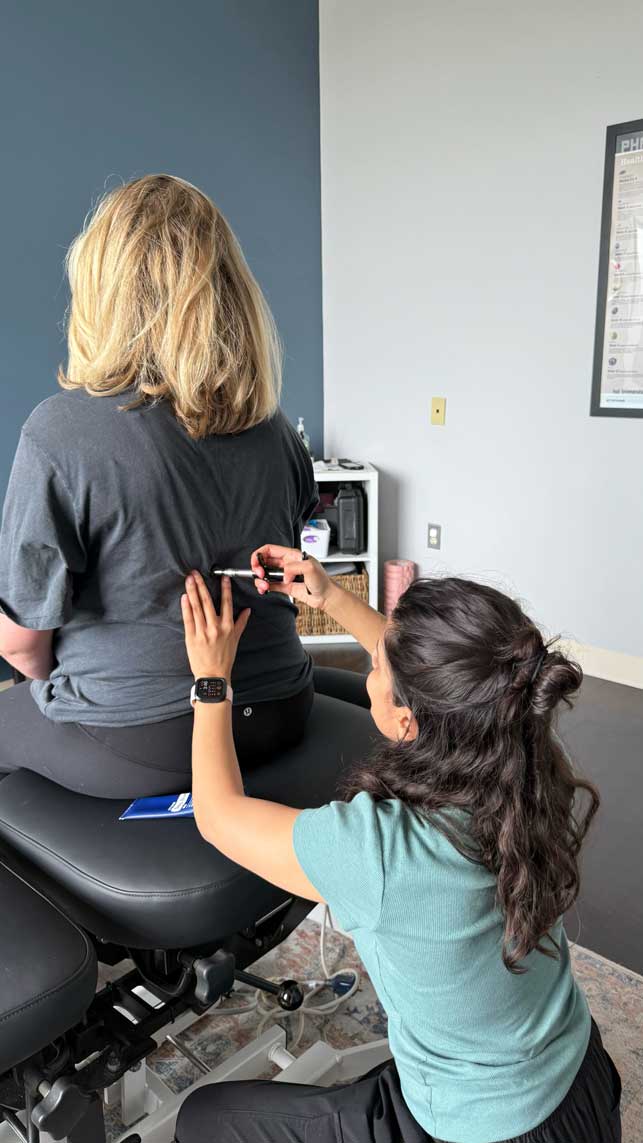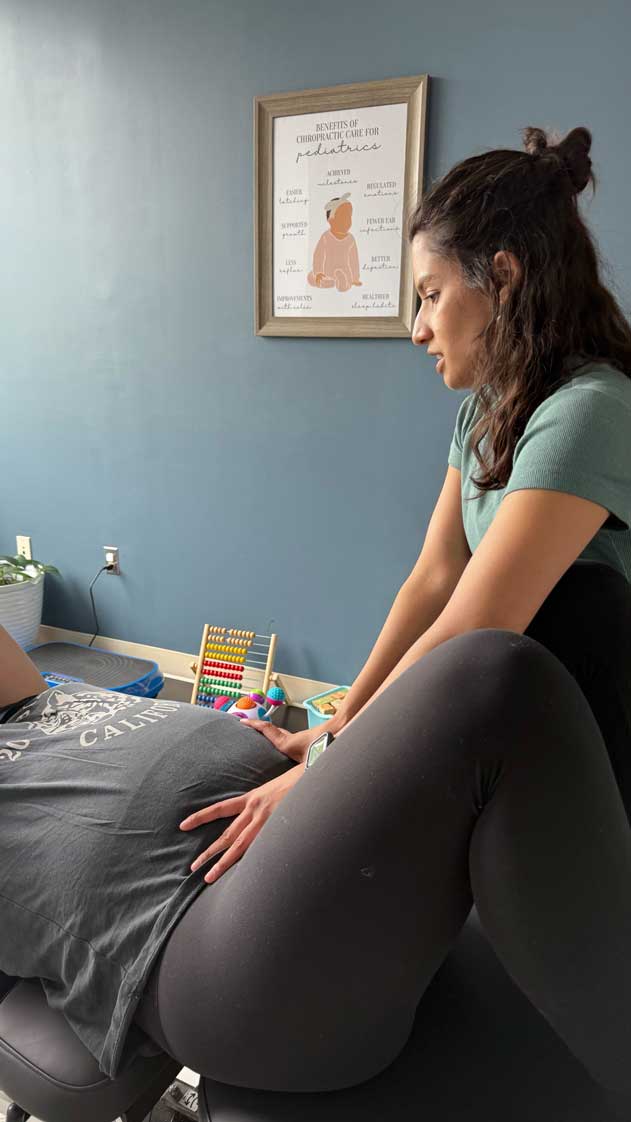As soon as you announce you’re expecting, it starts—questions from every direction. How are you feeling? When’s your due date? Do you know what you’re having?
But once baby arrives, the focus tends to shift. Everyone’s eager for updates on the baby, but few pause to check in on you. And the truth is, you’re still very much in the thick of it—healing, adjusting, and finding your footing in this new chapter.
You just did something incredible. Bringing your baby earthside is no small feat. But alongside all the joy and wonder comes a full-body transformation—physically, emotionally, and spiritually.
At Safe Haven, we talk often about how the postpartum season is more than just recovery—it’s a transition. In fact, it’s one of the most overlooked transitions in a woman’s life.

That’s why I’ve been deeply connected to the work of BIRTHFIT, a community that focuses on supporting families through the motherhood journey. One of the most powerful concepts they share is about the first two weeks after birth—this window is a time of co-regulation and deep healing. It’s a reset for your nervous system, your identity, and your body.
Your body has already begun shifting. You might notice your belly feels different, your uterus is still contracting back down, and you may feel discomfort from bleeding, soreness, or even those intense “after pains.” These are normal and temporary—but that doesn’t mean they’re easy. Padsicles, rest, and slowing down matter more than ever right now.
It’s also common to deal with digestive changes—constipation and hemorrhoids are incredibly common. Drinking lots of water, eating fiber-rich foods, and taking sitz baths can go a long way toward helping you feel more comfortable.
Breastfeeding can be a whole journey in itself. Your milk may not come in for a few days, and that’s okay. Colostrum—the early, nutrient-rich milk—is all your baby needs in those first hours. You might notice changes in breast fullness, temperature, and even some discomfort. Engorgement, nipple soreness, and latching issues can feel overwhelming. A good lactation consultant is worth their weight in gold, and I always recommend pairing that support with gentle craniosacral-informed chiropractic care to help relieve any tension your little one may be holding onto from birth.

The physical discomfort doesn’t stop at the pelvis. You might feel it in your back, shoulders, wrists, and neck—especially from feeding positions and carrying a baby. This is where chiropractic care becomes so essential in helping you navigate all these biomechanical shifts while your hormones balance and soft tissues recover. I also encourage new mamas to seek out a pelvic floor therapist—your healing deserves a full-circle approach.
This transition can feel equally raw and sacred. Breastfeeding, even when it’s going well, can bring up a swirl of feelings—connection, exhaustion, vulnerability. It’s beautiful and intense all at once. And when it’s not going well, it can leave you feeling defeated. Please know, you’re not alone. Support is out there, and it makes a world of difference.
You may notice changes in your mood. The “baby blues” are very real, and incredibly common in the first few weeks postpartum.
Tears, mood swings, feeling overwhelmed—it’s part of the hormonal rollercoaster that comes after birth. But if those feelings persist or worsen, it could be postpartum depression or anxiety. Reach out. Talk to someone. You deserve care too.
Sleep deprivation doesn’t help. It’s more than just being tired—it can affect memory, milk supply, and your overall ability to function. It’s okay to ask for help. It’s okay to nap when baby naps. And if your baby isn’t sleeping well or seems unsettled, it may be worth having them checked for nervous system stress that could be interrupting deep sleep cycles. That’s something I check for often in our tiniest patients.
We don’t talk about this enough—your relationship with your partner may shift. You’re both adjusting to new roles, routines, and a new kind of closeness that includes less sleep and more responsibility. This is normal. Communication, patience, and finding small moments of connection go a long way. Encourage your partner to take an active role—it helps both of you, and strengthens the bond with baby too.
Motherhood changes you. In all the best ways—and in some ways that can feel hard to put into words. But you don’t have to do it alone. At Safe Haven, we’re here to support your healing, to hold space for your experience, and to remind you that how you’re doing matters too.
Your body is wise. Your feelings are valid. And you’re doing beautifully.
At Safe Haven, we’re here to support you—not just through pregnancy, but through the full journey of motherhood. If you need help, a listening ear, or just a safe place to land—we’ve got you.
You are not alone.
You are doing enough.
And you are already an amazing mother.
– Dr. Hira Khan, DC, CACCP
Board-Certified Pediatric & Prenatal Chiropractor
Safe Haven Chiropractic | Loudoun County, VA
Morning
Afternoon
Monday
9:00 – 1:00
3:00 – 6:00
Tuesday
9:00 – 1:00
3:00 – 6:00
Wednesday
9:00 – 1:00
3:00 – 6:00
Thursday
9:00 – 1:00
3:00 – 6:00
Friday
Some Friday Appointments
44110 Ashburn Shopping Plaza, Suite 216, Ashburn, VA 20147.
Phone: (571) 549-6555
Fax: (571) 549-1776